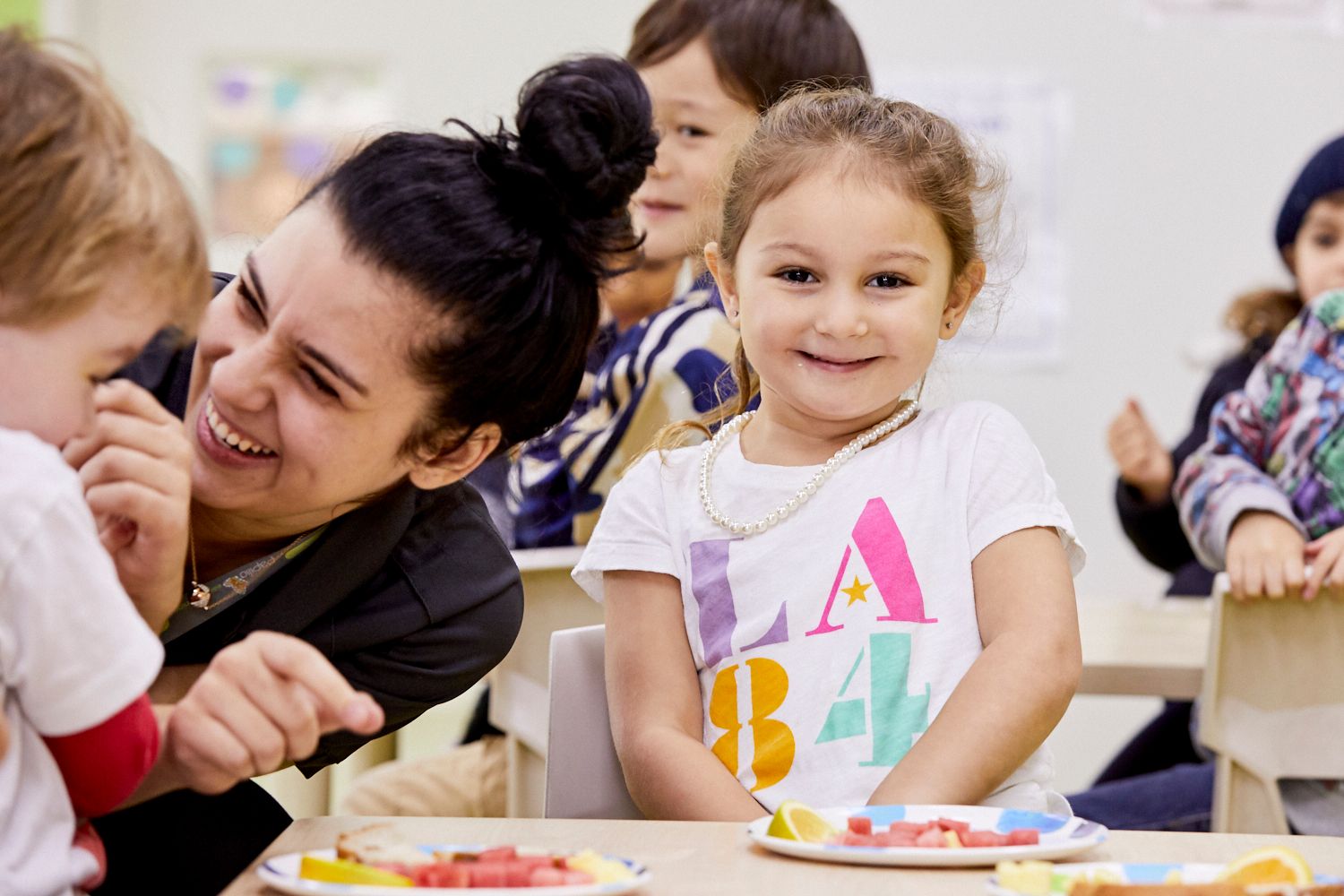
Starting primary school is a significant milestone for children and their families. To ensure a smooth transition, it is essential to focus on four critical development milestones during early childhood: emotional confidence, social connectivity, foundational learning, and physical health and wellbeing.
This blog post explores the importance of early learning in the first five years and how a quality early learning curriculum helps children achieve these developmental milestones, all the while preparing children for success in school and beyond.
The Importance of Early Learning
The first five years of a child's life are critical for development, as the brain undergoes rapid growth and forms essential neural connections that shape future learning and behaviour. During this period, children acquire foundational cognitive, social, emotional, and physical skills. Quality early learning experiences stimulate curiosity, enhance problem-solving abilities, and promote language development, which are vital for academic success. According to the Harvard Center on the Developing Child, early experiences significantly influence the brain's architecture, affecting lifelong learning and health outcomes.
Moreover, early learning environments play a crucial role in developing social and emotional skills, such as empathy, self-regulation, and cooperation. These skills are fundamental for building healthy relationships and navigating social complexities. Numerous studies suggest that children who receive high-quality early education are better prepared for school, exhibit stronger social skills, and are more likely to succeed academically and professionally. Investing in early learning not only benefits individual children but also contributes to a more educated, skilled, and productive society.
Key Development Milestones Before Starting Primary School
Before your child starts primary school, they should ideally have developed a range of basic skills and knowledge to help them transition smoothly into the school environment. These skills relate to emotional confidence, social connectivity, foundational learning, and physical health and wellbeing. We outline what each means and examples below.
Emotional Confidence
Children’s learning and engagement happens best when they feel confident and capable. Positive dispositions for learning and relationships are created when children are loved, nurtured, recognised and encouraged and when provided with opportunities for self-reflection and expression. Secure attachments are crucial in establishing a strong sense of self and identity.
Examples of emotional confidence include:
- Adjusts to change or new routines
- Labels feelings
- Persists with challenging tasks
- Tries new or unfamiliar activities
- Is excited about starting school and coming to preschool/kindergarten
- Separates easily from parents (mostly)
- Can express wants and needs to others
Social Connectivity
Children belong first to a family and community, and then to social and friendship groups. Connecting with children of their own age and different ages supports the development of respect, empathy, acceptance and understanding of others and allows them to practice negotiation, turn-taking, language and expressive skills. Having a strong moral and social foundation influences relationships in the future.
Social connectivity is demonstrated in the following ways:
- Plays alone for short periods
- Joins others for play independently
- Seeks familiar peers and has established some friendship groups
- Waits for a turn
- Can regulate behaviour and understand basic rules and expectations
- Shares play equipment
- Can work with others well in groups experiences
Foundational Learning
Children are naturally inquisitive and curious and have a desire to learn and practice. When learning is focused around their interests, children are more likely to be engaged. The foundations for learning success can be supported through relevant, real and practical opportunities to practice numeracy, literacy and research. Acknowledging children‘s efforts in learning inspires intrinsic motivation.
Before they start school, your child should be competent in the following:
- Knows full name and recognises own name in print
- Correctly labels a range of colours and shapes
- Follows verbal instructions
- Can count to 20 and recognise numerals to 10
- Uses representational drawing as well as creative writing in their work
- Is interested in writing and letter formation, including some letters and may write name
- Holds writing tools correctly and uses scissors
- Can stay focused on an activity or task for 10 minutes when interested
- Understand basic concepts (i.e. up/down, hot/cold, sorting, classifying)
- Can recount simple events or sequence of a story
Physical Health & Wellbeing
Children’s confidence is enhanced when they feel capable and in control. Building physical independence means children can contribute to their own health, safety and well-being and can become self-reliant. Fundamental movement skills, healthy living and nutrition and mindfulness contribute holistically to wellbeing and habits developed early will be carried through to the future.
Your child should be competent in these skills relating to physical health and wellbeing before they start school:
- Dresses and undresses with little help (not shoelaces)
- Toilets independently and washes own hands
- Shows imagination and creativity in play
- Feeds self and opens lunch box/food packaging
- Takes care of own belongings (i.e. puts hat away in own bag)
- Manages daily movement tasks confidently including running, jumping, climbing and negotiating physically challenging obstacles
- Shows awareness of respectful behaviours
- Has age appropriate language including vocabulary, grammar, comprehension and can express thoughts and ideas to others
- Understands basic concepts of personal health and safety
- Engages in sensory experiences
How the Lifelong Learning Curriculum Supports Your Child's Transition to Primary School
Affinity Education's Lifelong Learning Curriculum is the most advanced approach to early education in Australia. It is based on the Australian Early Years Learning Framework, the approved play-based approach to early education for children before they begin primary school, and offers a rich combination of child-led learning and intentional teaching experiences. Our aim at Affinity Education is to support every child to develop in the four very important areas outlined above: emotional confidence, social connectivity, foundational learning, and physical health and wellbeing. We believe that all people are capable of learning, and with the right environment and intentional support, successful
outcomes can, and will, be achieved.
Learn more about the School Readiness program offered at Affinity Education run centres.
